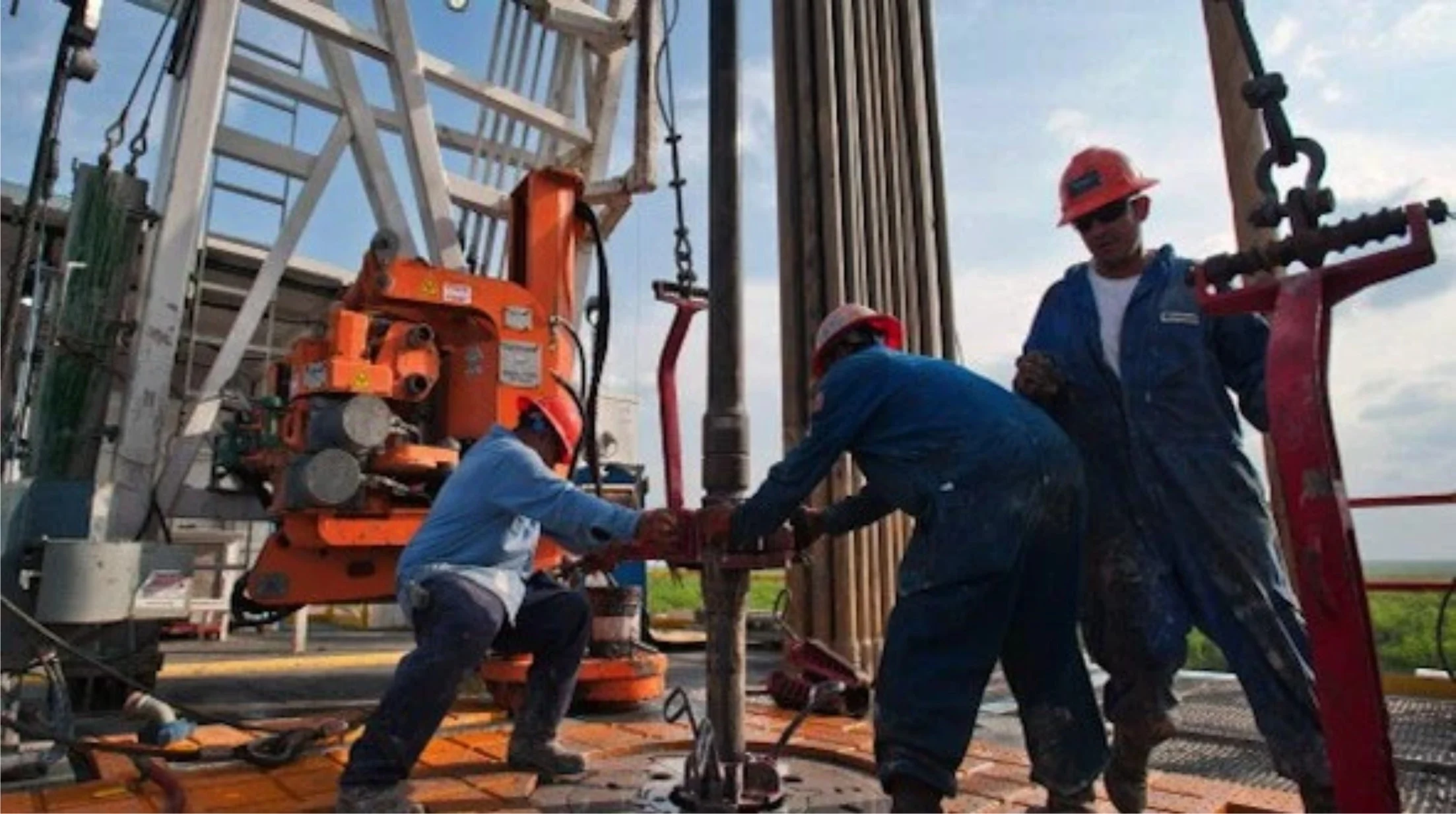The World Bank has said Nigeria has the largest shortfall among oil-producing countries due to sabotage within the oil production system and other factors, such as low investments and the COVID-19 pandemic.
According to the bank, Nigeria has a shortfall of 500,000 barrels per day, while Angola and Russia both have a shortfall of 300,000 barrels per day.
The Washington-based bank said this in its latest Commodity Markets Outlook report.
The financial institution said that although global oil production rose just under one per cent in the first quarter of 2022 based on a quarter-by-quarter analysis, it was around three per cent below pre-pandemic levels.
It further attributed this increase to the Organization of the Petroleum Exporting Countries Plus.
The report read, “The increase was entirely accounted for by OPEC+, where production rose by about 1 mb/d as the group continued to unwind its earlier cuts. Output among non-OPEC+ countries fell slightly by 0.2 mb/d in the first quarter, with a decline of 0.3 mb/d in the United States partially offset by a modest rise in Brazil.”
However, despite the modest increase, the bank lamented that the oil-producing countries continued to produce below the official target.
“Although OPEC+ production increased modestly, the group continues to produce well below its official target. In March 2022, 12 of the 19 countries subject to production cuts were below their quotas. Since the start of 2022, the shortfall has averaged more than 1 mb/d, and in March the gap had widened to 1.4 mb/d as Russia’s production declined.
“At present, the largest shortfalls are in Nigeria (0.5 mb/d) and Angola and Russia (each 0.3 mb/d). Production has been affected by a variety of temporary factors including maintenance (Kazakhstan and Libya), protests (Kazakhstan), sabotage (Nigeria), and bad weather (Iraq, Libya).
“In addition to these factors, low investment in recent years, compounded by COVID-19, may have reduced productive capacity. The group is expected to fully unwind its agreed production cuts by September 2022, in line with previous announcements,” the Bank said in its report.
Earlier in April 2022, it was reported that the OPEC raised Nigeria’s oil production quota from the 1.735 million barrels per day target approved in April 2022 to a new target of 1.753 million barrels per day for May 2022.
OPEC increased oil production quota for Nigeria came as the Federal Government called for an inclusive energy transition that would be beneficial to not just Nigeria but to other countries in Africa.
Nigeria’s crude oil production crashed by 744,000 barrels in March 2021, according to OPEC figures.
In OPEC Monthly Oil Market Report for April 2022, the organisation outlined the oil production volumes of its member nations and allies, as it revealed that the output from Nigeria dropped in March.An analysis of the document by our correspondent showed that Nigeria’s oil production dropped from the 1.378 million barrels per day recorded in February 2021 to 1.354 million barrels per day in March, indicating a daily plunge of 24,000 barrels of crude oil.






Leave a Reply